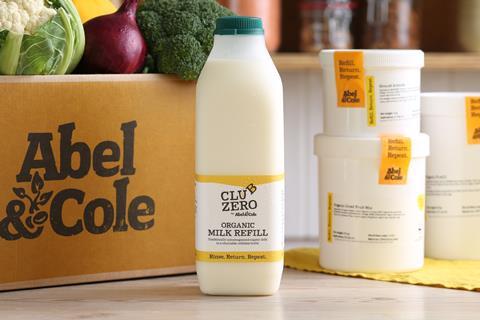
Plastic is a universally vilified material. The industry has been united in its efforts to eliminate it from packaging. Even compostable plastic turned out not to be the solution we’d all hoped for, thanks to a lack of suitable infrastructure to process it effectively.
It’s a sign of how challenging it can be to find genuinely sustainable packaging options. That challenge that has been felt by many businesses and is particularly true of late, following the recent ban on certain single-use plastic formats, which has sparked some concern about plastic alternatives.
It’s complicated. With recent research warning paper straws may not be better for the environment than plastic versions and some shrink-wrapped food lasting up to three times longer, shouldn’t we be asking ourselves: is plastic always the enemy? What if, for certain refill applications, plastic could be advantageous?
Controversially, we believe it’s not as simple as labelling plastic as ‘good’ or ‘bad’. Far from it.
When it came to the launch of our latest refillable product, Club Zero Refillable Milk, we were so committed to finding the most sustainable, scalable solution, that we were willing to go against the grain.
It’s certainly not been easy. In fact, it’s taken us over three years, hundreds of thousands of pounds of investment, including a grant from Innovate UK’s Smart Sustainable Plastic Packaging (SSPP) Challenge, as well as input from seven teams of experts – including Berkeley Farm Dairy, Berry, Campden, BRI and Innovate UK – to crack the challenge of delivering refillable milk at scale.
After three failed experiments, including the trial of various plastic materials and processes to meet FSA standards, the refillable milk bottles have now reached their final form.
Now, with single-use plastic in the spotlight, we want to share what we know with the industry. Because we know that, together, we can make so much more of an impact – and potentially save hundreds of thousands of tonnes of carbon emissions.
The UK’s first reusable plastic milk bottle is made from 100% polypropylene, and whilst the bottles can be used up to 16 times, it only takes four uses to halve the carbon footprint of the single-use plastic alternative. In fact, by switching to a refillable plastic bottle, we will actually be saving 450,000 single-use plastic bottles each year.
To add some context here, it would take glass 15 reuses to reach similar emissions savings, because glass is heavy and heavy means more carbon. When you also take into consideration the fragility of glass, which – when delivering milk at scale – has a much shorter lifespan (averaging three returns in our experience), reusable plastic becomes an unlikely packaging hero.
Much like the debate on plastic alternatives, however, sustainable packaging alternatives need to be looked at on a case-by-case basis. One size certainly doesn’t fit all. Local milk deliveries, for example, may still find it beneficial to use glass for various reasons stemming from the advantages of proximity.
What we’re talking about here is replacing single-use plastic milk bottles at scale. Because if most of the seven billion litres of milk distributed in the UK each year switched to reusable plastic, the dairy industry would save a huge 300,000 tonnes of carbon.
Who would have thought plastic could be the good guy. Intrigued? Drop us a line and we can chat CO2 over a glass of cold milk.








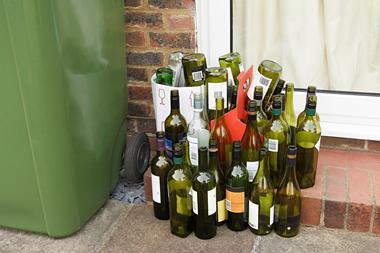
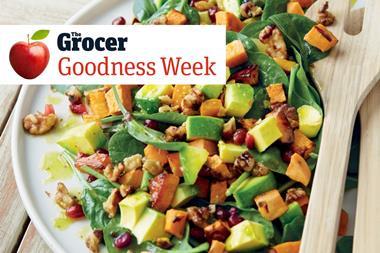
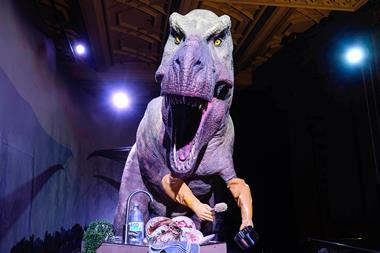


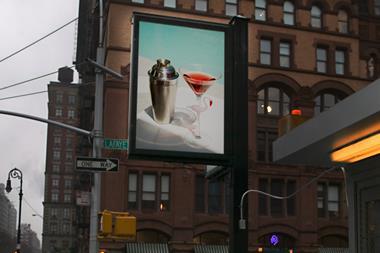





No comments yet